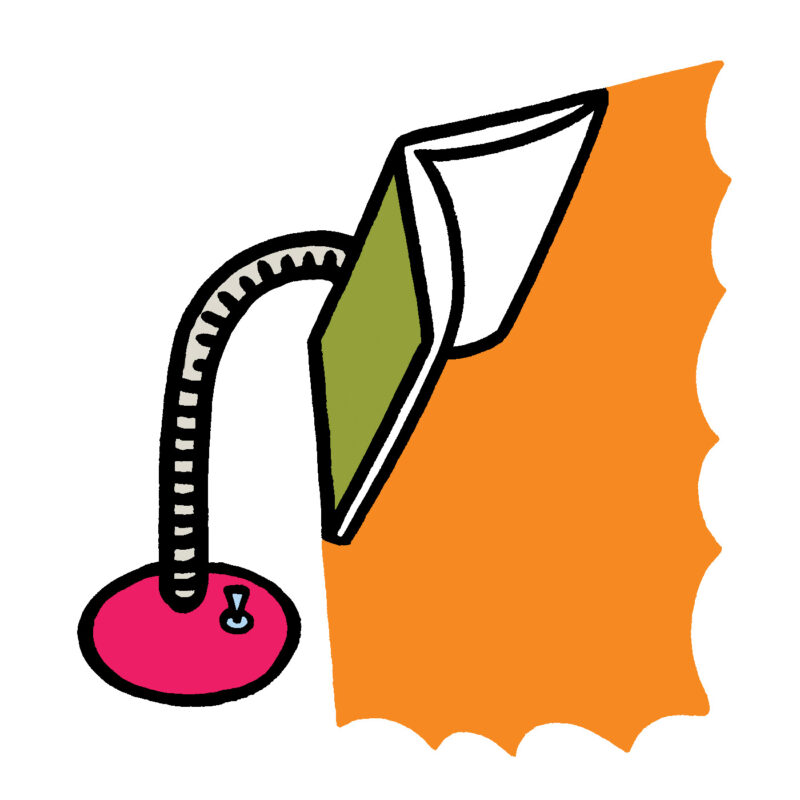When Danielle Dutton published Margaret the First, a historical novel about the seventeenth-century writer Duchess Margaret Cavendish, she reached back through time and pulled from the darkness a fellow writer who was vastly out of step with her own era, romantic and medieval in a new world of snide Renaissance men. Now, in Dutton’s new book, Prairie, Dresses, Art, Other, a collection of fiction, essays, lists, notes, quotations, and a play, virtually every piece is in persistent conversation with other writers, mostly women, many dead. Dutton skips through inventive formal techniques as she integrates these other writers’ styles, content, and sentences into her pieces. She even (I love this) includes herself as a writer to discuss. She quotes her own prior books and interviews, and explains them.
One fascinating piece is the tour-de-force “Sixty-Six Dresses I Have Read.” The entire piece is made up of quotations from other writers writing about dresses! She strings together sixty-six descriptions of dresses that she apparently came across in an assortment of books, from Jean Rhys to Ovid to Sei Shōnagon to Joyelle McSweeney, defying anyone to call dress-writing frivolous (perhaps a little poke at David Shields’s more self-serious Reality Hunger?). The effect is to bring forward as one reads the ongoing, centuries-long conversation about dresses, the abundant and intricate writing about them and all they signify, imply, hide, and reveal. A nod to tradition, a shadowy critique, the piece feels bold and audacious, yet quiet, understated, a show of respect, a salute from afar. Though not a single word is actually by Dutton, you feel her authorial hand hovering, choosing, arranging, taking sides, luxuriating, laughing, having something to say. It is a beautiful piece, daring and intimate, as the best dresses are.
Another way this collection feels like a leap forward is in Dutton’s passionate integration of our present world and all its troubles. Dutton has lived in the Midwest for twenty years, on prairieland that is “one of the least conserved habitats on the planet.” There are tiny bits of it left here and there, “prairie remnants.” She takes great pains to note these scraps, the flora and fauna that survive. “The songs of various birds are bouncing off the river, springing through her hair: Louisiana waterthrush, yellow-breasted chat.” But the crazy landscape of our contemporary world...
You have reached your article limit
Sign up for a digital subscription and continue reading all new issues, plus our entire archives, for just $1.50/month.
Already a subscriber? Sign in





